Feature: Top 6 Reasons Why an EV Is the Right Choice
Clean Fleet Report
JUNE 15, 2021
If you’re trying to reckon whether an electric car is for you, here are top reasons why you should get aboard the electric vehicle voyage: 1. Say Goodbye to Fuel Costs. A small margin in the market drastically affects the cost of fuel and its availability. Zero Carbon Emissions. Electric Vehicles are Affordable.

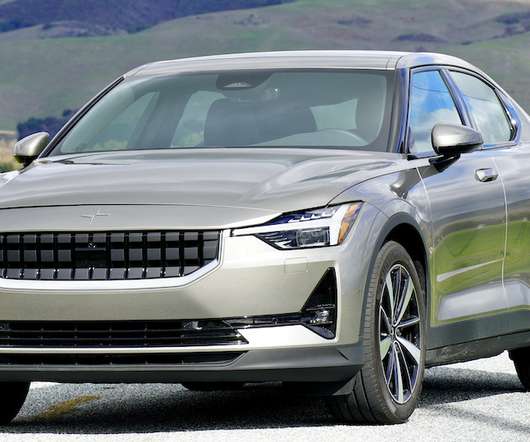

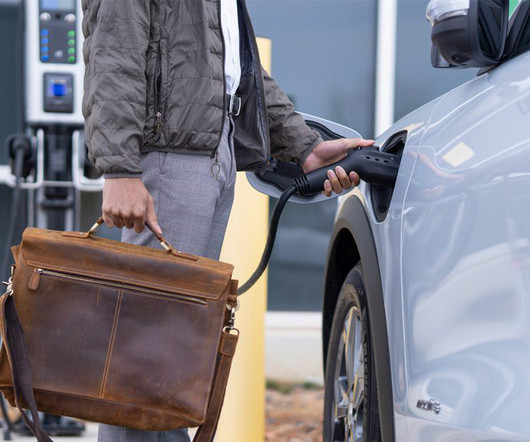



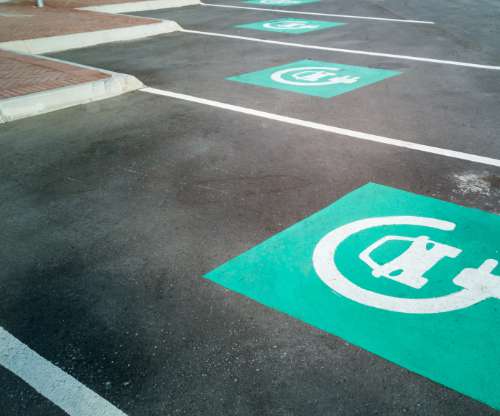

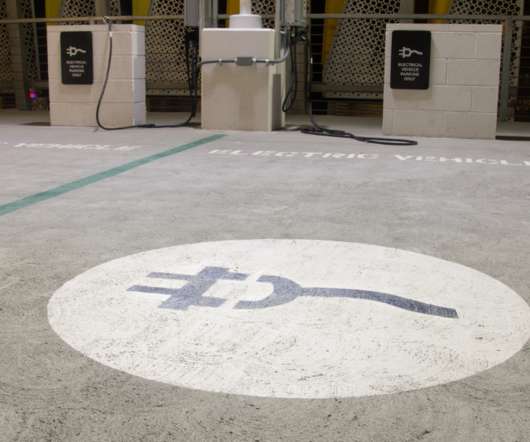





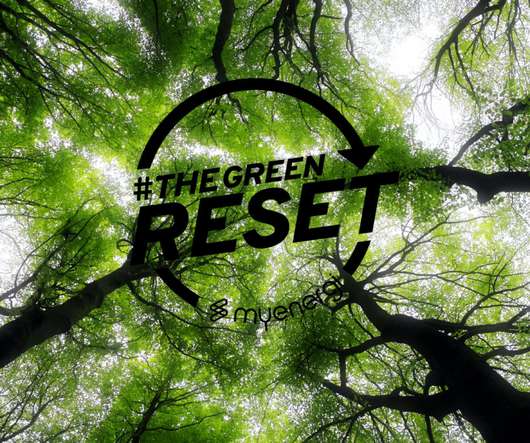












Let's personalize your content